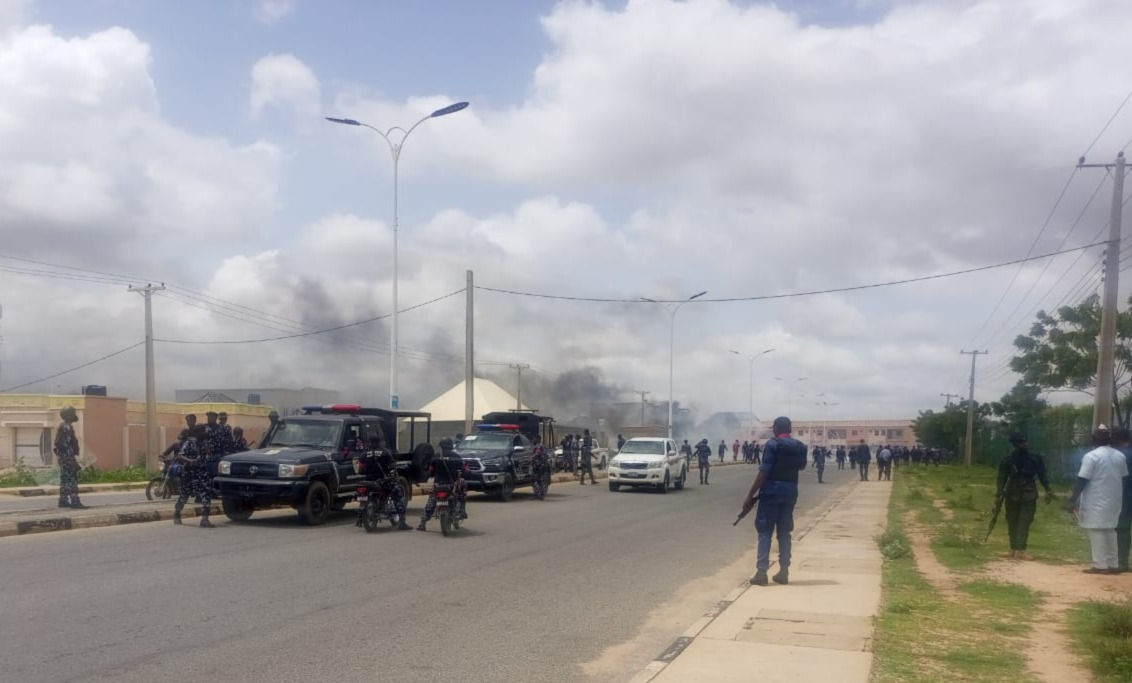Kano State government, in collaboration with other partners, has commenced training frontline health workers on clinical competencies aimed at improving healthcare services and outcomes at Primary Healthcare Centres (PHCs) across the state.
Speaking during the commencement of a ten-day training exercise in Kano, the World Health Organisation (WHO) country representative, Dr. Mayana Sanusi, who was represented by the state coordinator, said the training is a critical step towards improving the quality of care at the PHC level.
He explained that it is a priority in line with the Sector Wide Approach (SWAp) initiated by the coordinating minister for Health and Social Welfare as an aid delivery mechanism where all donors and implementers align with a common framework and national policy in exchange for the inclusion of their policy/programme objectives/priorities in the national health programme.
While expressing optimism of a significant improvement in quality of services, Dr. Sanusi reiterated WHO’s commitment to supporting government at all levels towards achieving SWAp objectives and advancing universal health coverage agenda.
He however stressed that the PHC serves as a cornerstone for achieving universal health coverage, hence the need for the training.
In his remarks, the state commissioner for health, Dr. Abubakar Labaran, emphasized the role of the health workers in early diagnosis and treatment, noting that, if well trained, it will go a long way in reducing health challenges especially with outbreaks such as cholera and malaria among others.
Also speaking, the state coordinator of the National Primary Healthcare Development Agency, Dr. Kabiru Yakasai highlighted that the initiative is designed to enhance the competencies of 120,000 frontline health workers nationwide.
He said, “These master trainers, comprising doctors, nurses, midwives, Community Health Officers, and Community Health Extension Workers, are now set to cascade their training at the state level.”

 2 weeks ago
19
2 weeks ago
19















 English (US) ·
English (US) ·